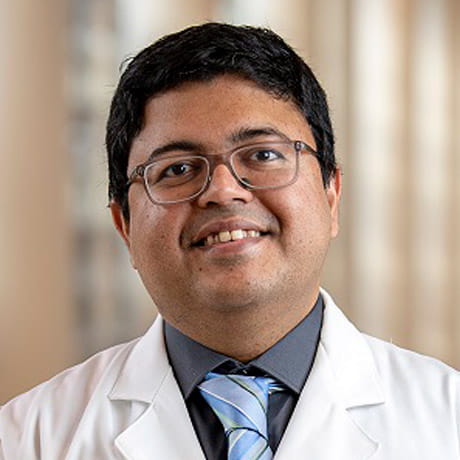
Subhankar Chakraborty, MD, PhD
- Gastroenterology
A colonoscopy checks your entire colon and rectum for abnormal growths or other problems. These may include polyps, which are removed during the colonoscopy, as well as ulcers and irritated/swollen tissues. Along with being recommended every 10 years after the age of 45, a colonoscopy is necessary if other tests show abnormal results. In addition to screening for cancer, it may also be performed to help diagnose the causes behind changes in bowel habits, abdominal pain, rectal bleeding and/or weight loss. Colonoscopies are essential in not only detecting cancer but also in pinpointing precancerous conditions. Colon cancer is highly curable if caught early; the best way to detect colon cancer is through a colonoscopy.
A colonoscopy checks your large intestine, also called the colon, for abnormal growths or other problems. The test is done with a narrow, flexible tube that has a light and camera. The tube is inserted into your anus and travels through the length of your colon. The test helps your doctor diagnose illnesses and make plans for treatment if needed. Many times if polyps are found, they can be removed at the time of your exam.
Your doctor may recommend a colonoscopy:
Ask your primary care provider about having a colonoscopy if you’re over age 45, have a bowel condition, or a family history of colon cancer.
Detailed preparation instructions will be provided upon scheduling your colonoscopy. You need to adjust your diet leading up to your procedure and complete a bowel preparation. Sometimes changes to your medications are needed, including blood thinners and diabetes medications. You must have a responsible adult accompany you if you’ll be sedated.
Plan to arrive at the arrival time on your letter so the staff can get you ready. Expect to be here about 3 hours for your test and recovery time. The test takes 20-40 minutes. After you have registered, you will change into a hospital gown. To protect your privacy, and the privacy of other patients, family members and friends are not permitted in the procedure areas.
A nurse will review your medicine list and medical history. An intravenous (IV) line will be placed to give you medicine during the test. Let the nurse know right away if you have had problems having an IV placed in the past. When the nurse has you ready, you will be taken to a private room where your test will be done. You will be given a consent form to read over. The doctor will talk to you and go over the consent form. Ask any questions you have about the test before you sign the form.
Once ready for the procedure you will be taken to a private procedure room where the colonoscopy will occur. The staff in the room will introduce themselves and their role in your care. Before starting the procedure, a safety check, called a time out, will be completed. You will be given medicines through the IV to help you relax for the procedure. You will likely rest on your left side. The doctor will then complete your colonoscopy by moving the camera through your colon. You may feel some cramping during and after the test that will improve after passing gas.
You will be taken to a recovery area for 30 to 45 minutes. You will then change back into your clothes. You will be provided a copy of your procedure report and the doctor will review this speak with you and/or your friend/family member before you leave. If biopsies or polyps are removed these are sent to the lab and usually take a week for results to return, at which time you will be notified. You should plan Plan to take the remainder of the day off of work and rest at home after the test.
The medicine given during the test can cause you to have memory changes and impair your judgment. Do not drive a motorized vehicle or operate heavy machinery. Don’t not sign any papers or make any legal decisions.
Looking for a primary care provider?
Ohio State has several primary care providers accepting new patients.



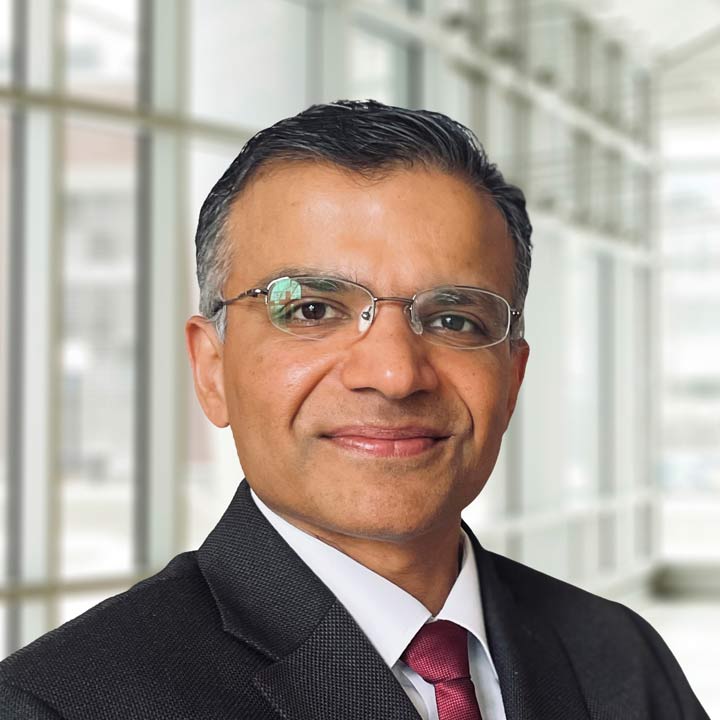





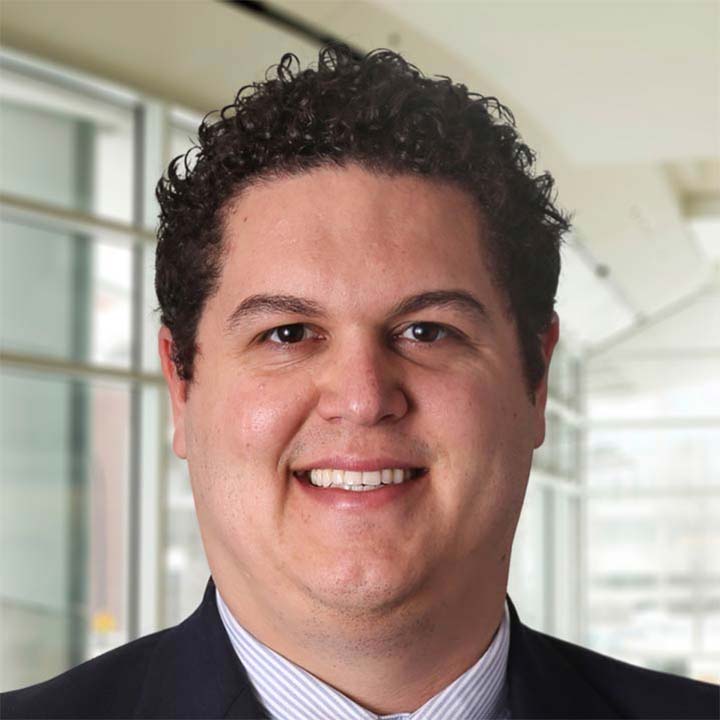
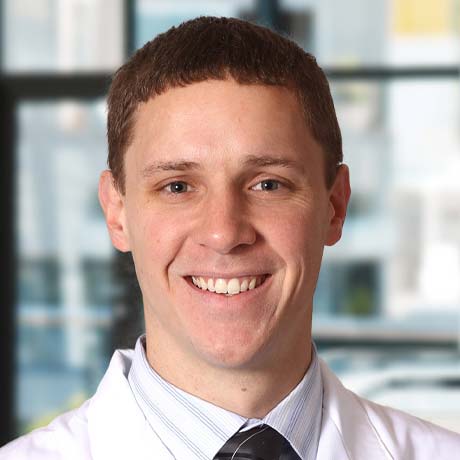

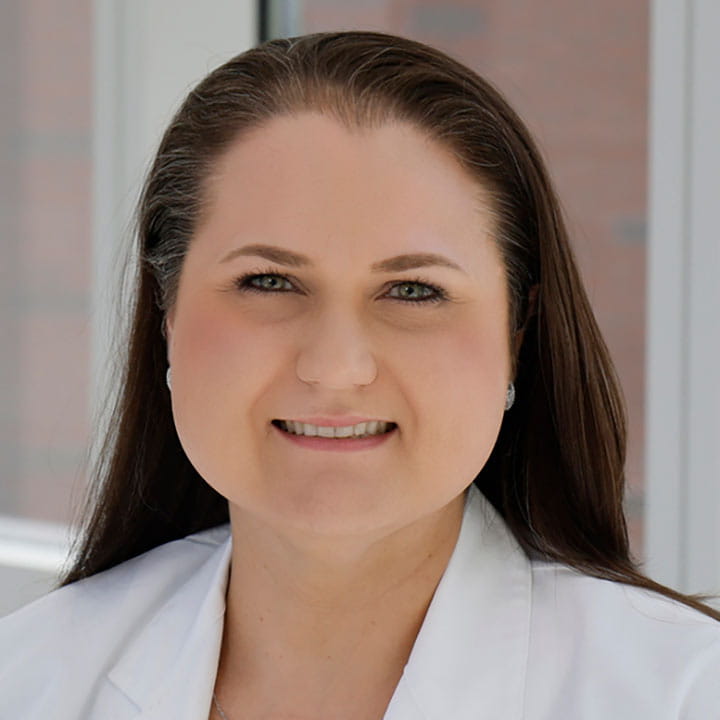






Get an instant estimate for your out-of-pocket costs. Learn more.
As a MyChart user, you can pre-populate an estimate with your existing insurance information, receive personalized estimates and save your estimates for later.
Don't have a MyChart account? Create an account